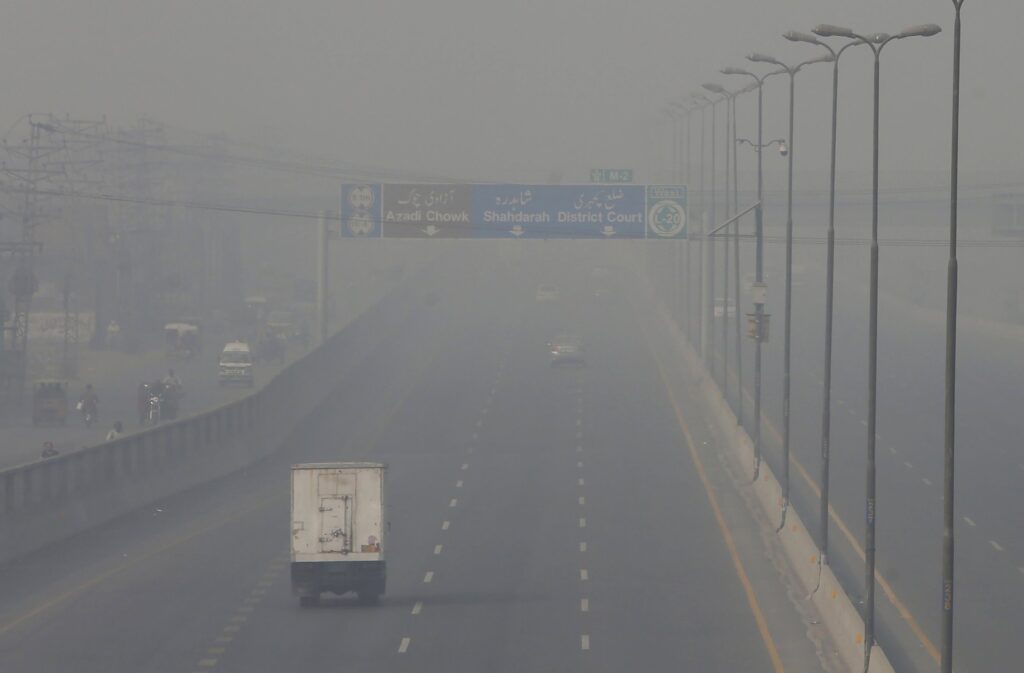Smog is a major transboundary problem that affects both India and Pakistan, inflicting a heavy burden on the public health and economies of both countries. Smog is a form of air pollution that is caused by a mixture of pollutants, including particulate matter, nitrogen oxides, sulfur dioxide, and ozone. These pollutants are primarily generated by industrial activities, transportation, and the burning of fossil fuels.
In recent years, smog has become a serious problem in both India and Pakistan, especially during the winter months when temperature inversions and stagnant weather patterns can trap pollution close to the ground. This results in a thick, brownish-gray haze that can make it difficult to breathe and can cause a range of health problems, including respiratory illnesses, heart disease, and stroke.
In addition to the health impacts, smog also takes a heavy toll on the economies of both countries. The economic costs of air pollution in India and Pakistan are estimated to be in the billions of dollars each year, due to lost productivity, increased healthcare costs, and damage to infrastructure.
One of the major challenges in addressing smog is that it is a transboundary problem that cannot be solved by any one country alone. Both India and Pakistan must work together to reduce emissions and improve air quality. This requires collaboration on a range of issues, including industrial regulation, transportation policies, and energy production.
There are some promising signs of progress. In recent years, both India and Pakistan have taken steps to address air pollution, such as increasing the use of clean energy sources and improving public transportation systems. However, much more needs to be done to address this pressing problem.
To truly make progress on reducing smog, both India and Pakistan must prioritize the health and well-being of their citizens over short-term economic gains. This means investing in cleaner energy sources, improving public transportation, and implementing strong regulations to reduce emissions from industry and transportation.
Overall, the problem of smog in India and Pakistan is a complex and multifaceted issue that requires cooperation and action from both countries. By working together to reduce emissions and improve air quality, we can protect the health of our citizens and build more sustainable, resilient economies for the future.











